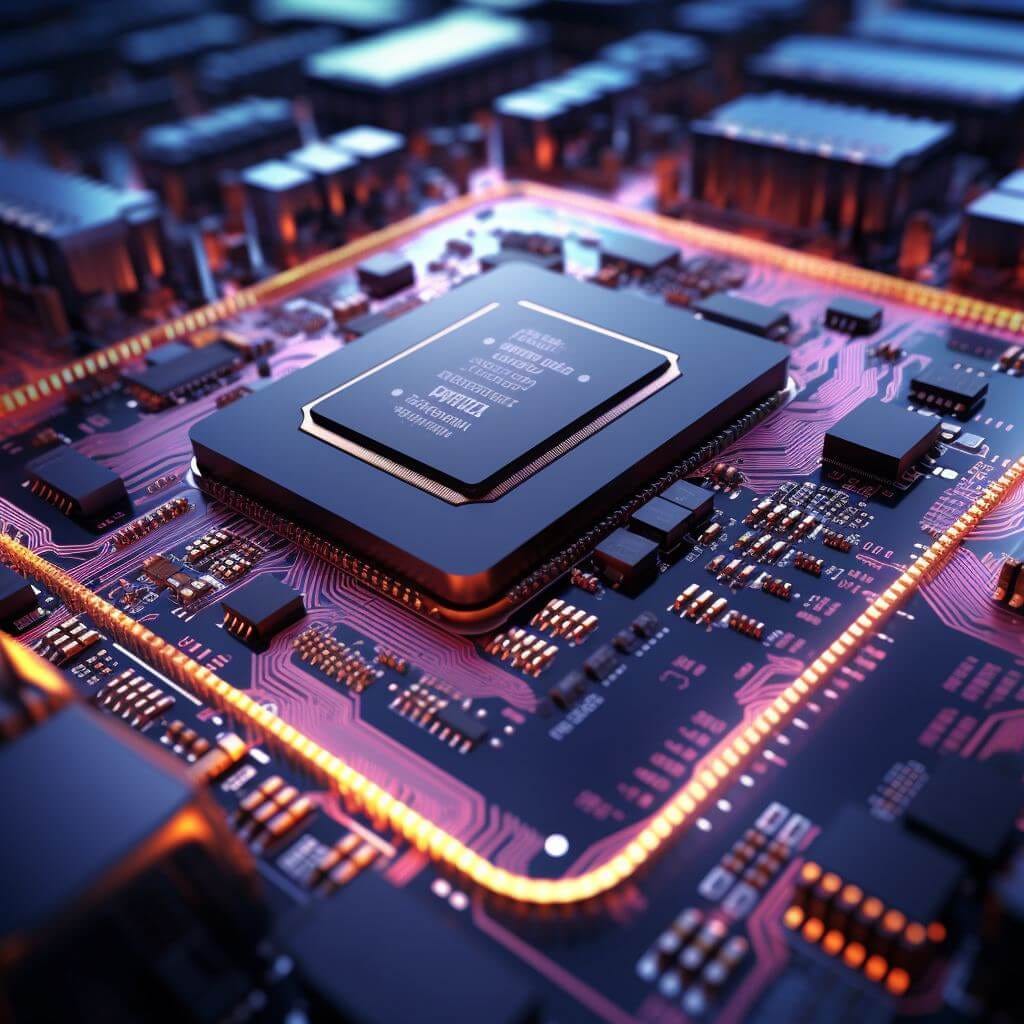In a significant advancement for cloud computing and artificial intelligence (AI), Microsoft has introduced the Azure Cobalt CPU, a revolutionary processor based on Arm Neoverse CSS. This development signals a new direction in tackling complex infrastructure challenges, particularly in AI and sustainability.
Azure Cobalt CPU: Powering the future
The Azure Cobalt CPU represents a major leap forward in cloud infrastructure technology. Designed to address the ever-increasing demands of AI, this 128-core chip is engineered to enhance general cloud services on Microsoft’s Azure platform. Its architecture, rooted in the Arm Neoverse CSS, is a testament to Microsoft’s commitment to optimizing cloud infrastructure layers for the growing impact of AI.
This breakthrough is more than just a technical achievement. It marks a significant milestone in Microsoft’s journey towards redefining cloud computing. The company has focused on raw power and efficiency and the holistic optimization of its cloud infrastructure to cater to the complex needs of modern AI applications.
Custom AI chip and collaboration with Arm
In addition to the Azure Cobalt CPU, Microsoft has developed its custom AI chip, the Maia 100 AI accelerator. This chip is specifically designed to train large language models. It is currently undergoing testing with GPT 3.5 Turbo, a model that powers various Microsoft offerings like ChatGPT, Bing AI, and GitHub Copilot.
The collaboration with Arm has been pivotal in this venture. Arm’s commitment to enabling a smoother path in the development of customized silicon solutions has played a crucial role. The Arm Neoverse CSS and the recently announced Arm Total Design ecosystem are central to these efforts, simplifying the complex task of delivering custom, specialized solutions for data centers and networking infrastructure.
Testing and future applications
Microsoft is rigorously testing the Azure Cobalt CPU across a range of different workloads, including Microsoft Teams and SQL Server. The company plans to make virtual machines powered by Cobalt CPUs available to customers next year, signifying a commitment to bringing this technology to a broader market. This move is anticipated to revolutionize the way businesses and developers utilize cloud resources, offering enhanced performance, efficiency, and scalability.
The Azure Cobalt 100, the inaugural model in the Cobalt CPU series, fully harnesses the advantages of the Neoverse CSS platform. This enables Microsoft to focus more on unique innovations and optimizations, reducing the need for extensive development efforts.
The broader impact and industry perspective
Mohamed Awad, SVP and GM of the Infrastructure Line of Business at Arm highlighted the significance of the Azure Cobalt CPU in the industry. This development represents a new, more efficient pathway for building data centers capable of delivering the performance required for the platforms and services of the next decade. Arm’s involvement in supporting Microsoft’s vision underscores a collaborative effort setting new standards in cloud computing and AI.
The Azure Cobalt CPU is not just a technological marvel; it’s a clear indicator of Microsoft’s direction in cloud computing and AI. By rethinking cloud infrastructure with a focus on AI optimization and collaborating with industry leaders like Arm, Microsoft is paving the way for a new era in cloud services. The implications of this development extend far beyond the immediate advancements in performance and efficiency. It signifies a transformative approach to how cloud infrastructure will be designed and utilized, marking a new chapter in the digital age.
A step towards the future
Microsoft’s unveiling of the Azure Cobalt CPU is a bold step into the future of cloud computing and artificial intelligence. As the company continues to test and refine this technology, the industry awaits its broader impact. The convergence of Microsoft’s innovation and Arm’s technological prowess heralds a new age in cloud infrastructure, promising to redefine the boundaries of what’s possible in AI and sustainability.





